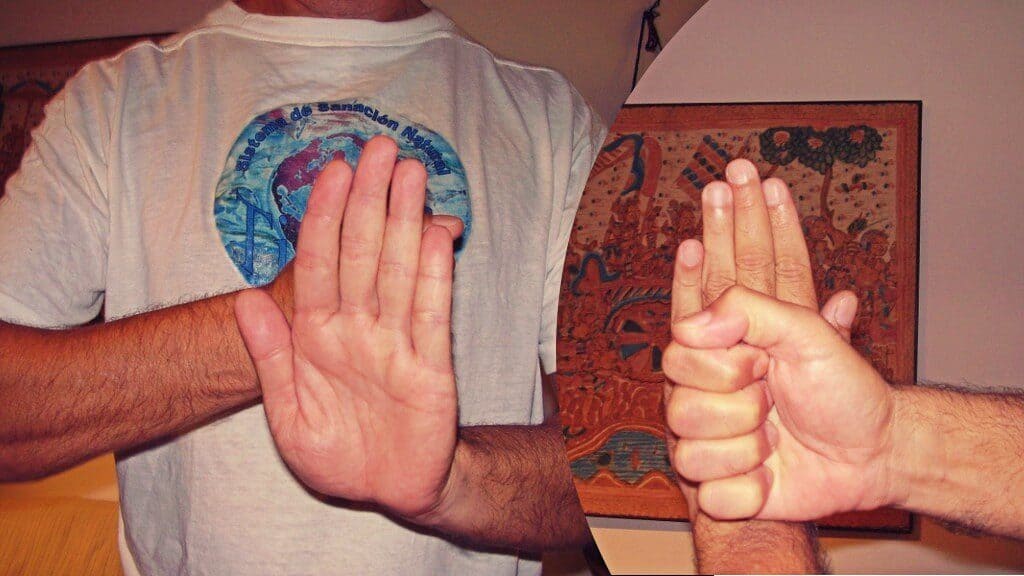Mother’s Day in Bolivia: A Tribute to Courage and Sacrifice
In Bolivia, Mother’s Day is celebrated on May 27, a date with profound historical significance.
This day was chosen to commemorate a group of courageous women who precisely on May 27, 1812, in the middle of the American War of Independence wrote an important page in the battle against Spain in La Coronilla de Cochabamba.
On the hill known as La Coronilla, hundreds of women lost their lives at the hands of realistic forces.
In recognition of her courage demonstrated on that fateful May 27, 1812, this date was established as Bolivian Mother’s Day. This commemoration was ratified through the Mother’s Day Act on May 8, 1927, during the administration of Hernando Siles.
Since then, every May 27, all Bolivian children wake up with the desire to pay homage to each of their mothers. It is a day to reflect on the unconditional love, sacrifice and strength that mothers provide to their children and to society.
Mother’s Day in Bolivia is much more than a holiday, it is a tribute to courage and the struggle for freedom. It is an opportunity to honor those women who with their courage, left an indelible mark on the nation’s history.
Mother’s Day in Spain: A Family Tribute to Mothers and Grandmothers
In Spain, Mother’s Day is celebrated on the first Sunday of May a day dedicated to honoring and recognizing the love and dedication of mothers in Spanish homes.
During the weeks leading up to that, children in schools dedicate themselves to preparing gifts for their mothers with the help of their teachers.
On this special day, mothers are the queens of homes and the custom is established that they do not perform household chores. Instead, parents and children take responsibility for household chores.
Mother’s Day in Spain is experienced as a family celebration where we seek to share quality time and carry out recreational activities. It is an opportunity to pay special attention to mothers and grandmothers, thanking them for their unconditional love and their fundamental role in the family.
On this significant date, family ties are strengthened and well-deserved recognition is given to mothers who play a crucial role in raising and training their children.
It is a day to express gratitude and appreciation to these exceptional women who make Spanish homes places full of love and care.
Mother’s Day in Mexico: A National Celebration Full of Traditions
The initiative to celebrate this beloved person in Mexico came from the creative mind of a humble worker who worked for the newspaper Excelsior.
His idea excited journalist Rafael Alducin, who, on April 13, 1922, launched a call to institutionalize Mother’s Day.
As a result, on May 10, 1922, this special date was celebrated for the first time in Mexico and since then it has become a national holiday of great importance, mobilizing entire cities in an exceptional way.
In the early morning of May 10, it is a tradition for many people to wake their mothers up with serenades. They hire trios, bands or even mariachis or they get together in groups to sing to their mothers while they give them a gift.
In addition, festivals are held in schools for mothers, where students perform dances, perform songs, perform theatrical performances or tell jokes, all with the aim of allowing mothers to enjoy a pleasant moment watching their children express their love and gratitude.
In many schools, students prepare crafts before Mother’s Day, creating home decorations or embroidered details that they will give to their mothers on May 10.
Mother’s Day in Mexico has become a holiday deeply rooted in the hearts of Mexicans an opportunity to express love, gratitude and recognition to mothers who play an invaluable role in society and in the formation of new generations.
Mother’s Day in Peru: A Celebration Full of Traditions and Tributes
On April 12, 1924, Peru enacted a supreme resolution declaring the second Sunday of May as Mother’s Day.
The university cultural group “Ariel” organized a series of outstanding activities to commemorate this celebration:
A pilgrimage in front of the bust of Juana Alarco de Dammert, the protector of children. A cultural ceremony at the Casona de San Marcos in the University Park. Parties and performances in schools in honor of mothers where students wear a red flower in their buttonholes if their mother is alive and a white flower if she has died.
In homes, during Mother’s Week, children perform various gestures and activities to honor their mothers. They can dedicate stories to them, prepare a special meal for them, or give them meaningful gifts.
Carlos Alberto Izaguirre, the organizer of the first tribute to mothers in Peru, said: “The liberation of man, his redemption can only come from an effort of the heart, from the pure sources of silence from everyday heroism but above all from a great tenderness: the mother.”
Mother’s Day in Peru is a special occasion to recognize and value the unconditional love of mothers, as well as to pay homage to them through deep-seated traditions and sincere gestures of gratitude…




